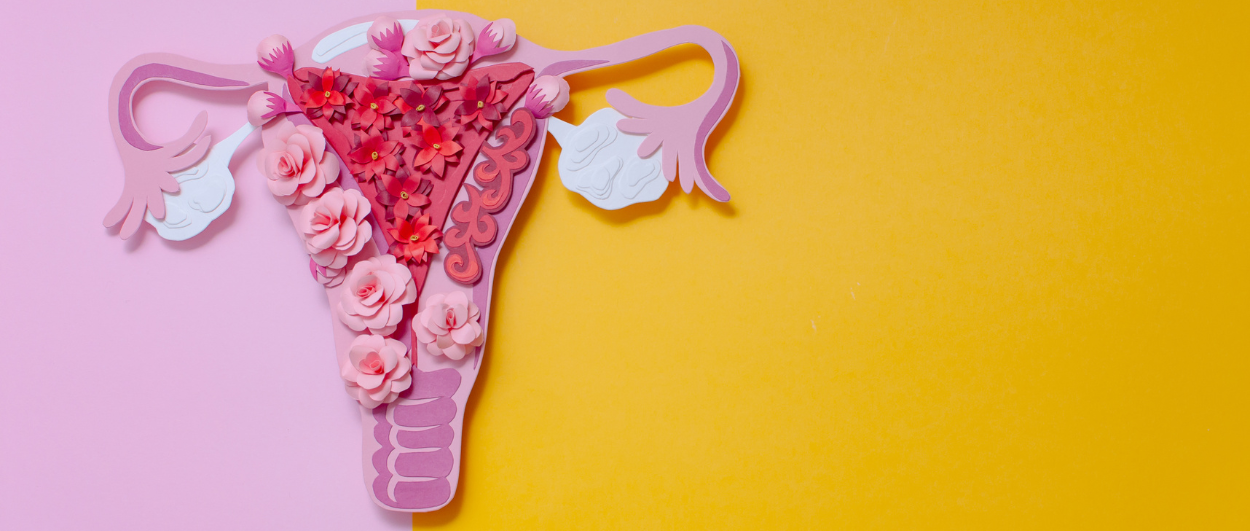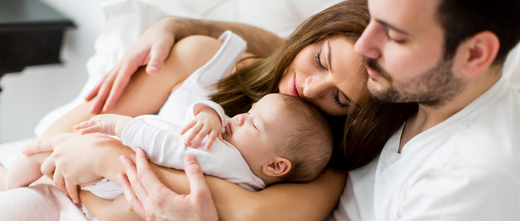Egg freezing, also known as oocyte cryopreservation, has become an increasingly popular option for women who wish to preserve their fertility for the future. Whether due to medical reasons, career planning, or personal choices, freezing eggs offers an opportunity to extend reproductive options. However, many women have concerns and questions about the process, including whether it is painful. In this article, we’ll address common FAQs and debunk some myths surrounding egg freezing.
What is Egg Freezing?
Egg freezing is a process where a woman’s eggs are retrieved, frozen, and stored for potential future use. The procedure allows women to preserve their eggs at a younger age, when the eggs are healthier and more viable, to be used later for in-vitro fertilisation (IVF) if needed. This process is beneficial for women facing medical treatments such as chemotherapy, which may affect fertility, or those who want to delay childbearing for personal or professional reasons.
Visit our Egg Freezing Treatment page for more information.
Does Egg Freezing Hurt?
One of the most common concerns is whether freezing eggs is painful. The answer varies from person to person, but here’s what to expect:
-
Ovarian Stimulation – In the weeks leading up to egg retrieval, women take hormone injections to stimulate the ovaries to produce multiple eggs. Some women experience bloating, mild cramping, and discomfort similar to PMS symptoms.
-
Egg Retrieval Procedure – The eggs are retrieved through a minor surgical procedure performed under sedation or anaesthesia. Since it is minimally invasive and involves a thin needle inserted through the vaginal wall to collect eggs from the ovaries, patients generally do not feel pain during the procedure itself.
-
Post-Retrieval Recovery – Some women may experience mild cramping, bloating, or spotting for a few days after the procedure, similar to menstrual cramps. In this event, we recommend over-the-counter pain relief and rest which typically helps to alleviate any discomfort.
Overall, while the process involves some discomfort, it is generally well-tolerated, and significant pain is rare.
How Long Does the Egg Freezing Process Take?
The entire process typically takes about 10 to 14 days. This includes the ovarian stimulation phase, monitoring, and the egg retrieval procedure at your clinic. However, the decision to freeze eggs should be planned in advance, as consultation and testing are required before beginning the cycle.
What is the Success Rate of Egg Freezing?
The success of egg freezing depends on several factors, including the woman’s age at the time of freezing and the number of eggs retrieved. Generally, younger eggs have a higher success rate when thawed and fertilised later. Studies indicate that women under 35 have the best outcomes, with each frozen egg having about a 4-12% chance of resulting in a live birth. Freezing a higher quantity of eggs further increases the probability of future pregnancy.
Review HFEA Statistics on Egg Freezing Success Rates
What Are the Risks of Egg Freezing?
While egg freezing is generally considered safe, there are some risks to be aware of:
-
Ovarian Hyperstimulation Syndrome (OHSS) – A potential side effect of hormone stimulation, which can cause swelling, abdominal pain, and, in rare cases, severe complications.
-
Egg Retrieval Complications – Though rare, there is a small risk of infection, bleeding, or damage to surrounding organs during the retrieval process.
-
No Guarantee of Future Pregnancy – Freezing eggs increases the chance of pregnancy later, but it is not a guarantee.
In any instance that you have concerns about the process, speak with your Fertility doctor who will help to allay any fears you may have.
How Many Eggs Should Be Frozen?
The recommended number of eggs to freeze depends on age and personal goals. Generally, fertility specialists recommend freezing at least 10-15 eggs for a reasonable chance of future pregnancy. Women in their 20s may need fewer eggs, while women in their 30s or beyond may need to preserve a higher number of eggs to ensure the viability of a future pregnancy using IVF..
How Long Can Frozen Eggs Be Stored?
Eggs can be frozen indefinitely with no known degradation in quality over time. Many fertility clinics store eggs for up to 10 years or longer. The success of pregnancy from frozen eggs remains stable over time. You will be required to sign authorisation to freeze your eggs and also if you choose to extend the term of their cryopreservation.
What is the Cost of Freezing Eggs?
The cost varies depending on location and clinic but generally ranges from £4,000 to £10,000 per cycle, excluding medication costs. Additionally, there are annual storage fees, which typically range from £300 to £800 per year. Some employers offer fertility benefits that may help cover the costs. IVF Matters also offers payment plans which can help to spread the cost of treatment.
View IVF Matters Egg Freezing Treatment Price
Is Egg Freezing Right for Me?
Egg freezing is a personal decision that depends on your reproductive goals, age, and health. It is best suited for women who want to preserve their fertility for future use due to medical, career, or personal reasons. A consultation with a fertility specialist, such as our own Dr Irfana Koita, can provide personalised insights into whether egg freezing is a suitable option for you.
Final Thoughts
Freezing eggs is an empowering option for women who want to take control of their reproductive future. While the process involves some mild discomfort, it is generally well-tolerated and offers a viable solution for preserving fertility. If you are considering egg freezing, speaking with a fertility expert can help you make an informed decision. With advancements in reproductive technology, egg freezing continues to provide hope and flexibility for women worldwide.
Want to know more?
If you are considering Egg Freezing, it would be beneficial to book a Free Advisory Call with Dr Koita, our Fertility Consultant in order to explore the option in more detail.






